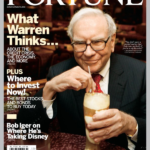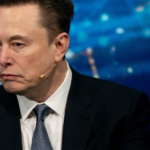“If he becomes mayor, so be it,” Dimon told Fortune editor-in-chief Alyson Shontell. Without directly alluding to any private conversations between the two, Dimon wondered aloud, “what does he really think? You know, he was part of that socialist democratic thing, which literally is more Marxist than socialist — and I read it — but I don’t know what he believes in that.” Dimon added that Mamdani is “talking to a lot of people, he’s convinced a lot of people [that] he’s going to change [and] he wants to learn.” Dimon shrugged, saying he doesn’t know if that will truly be the case. “You know, some people are what they are, they’re not going to change.”
Despite ideological differences, Dimon vowed to offer his support to Mamdani—or any mayor—facing the challenge of governing New York. “If he becomes mayor, I will call him and offer my help,” Dimon said. While bound by regulatory constraints that limit direct political involvement due to JPMorgan’s business dealings with the city, he remained adamant about his role as a civic partner. “We will help them. You know, I am a patriot. I help governors, mayors, presidents. We help people around the world,” Dimon stated, signaling that the greater mission is to serve residents regardless of political leadership.
The JPMorgan CEO also talked briefly about the national political scene, arguing that not even “the most liberal Democrat room” would say the government is well run and efficient. “How many of you think if you gave Washington another $1 trillion, that you would be better off, that poor people would be better off?”
Dimon summed up his worldview by saying he looks at it “a little bit like realpolitik,” referencing the German phrase meaning “the politics of reality” that dates back to the 19th century, emphasizing a pragmatic approach to politics and diplomacy that prioritizes practical considerations over ideological ones. “Get involved and grow up,” Dimon said. “That’s the goal we got.”









